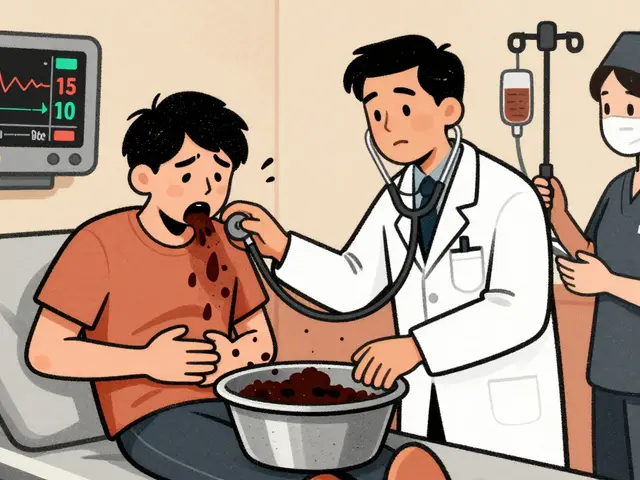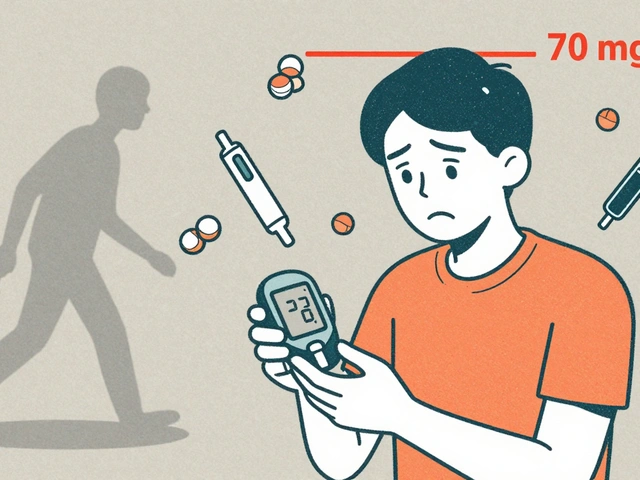WebMD Alternatives: Where to Get Clearer, More Reliable Health Info
WebMD is everywhere, but it’s not the only place to learn about symptoms, drugs, or treatment options. Sometimes its pages lean toward scary worst-case scenarios or are driven by ad money. If you want facts that feel balanced and useful, it helps to know where else to look and what to check before you act on any health advice.
What to look for when choosing a health site
First, check who wrote the article. Is it a named doctor, pharmacist, or a health journalist with sources? Reliable sites list authors and their credentials. Look for references to clinical studies, medical guidelines, or government resources like CDC or FDA. A page that cites sources is easier to trust.
Second, watch for bias. Big ad blocks, sponsored product pushes, or affiliate links can skew advice. Sites that separate editorial content from ads are better. Also check the date — medical guidance changes fast, especially for drugs and vaccines.
Third, privacy matters. If you’re using symptom checkers or telehealth tools, read the privacy policy. Good sites tell you how they handle your data, and whether they share it with third parties.
Practical alternatives and when to use them
Mayo Clinic and Cleveland Clinic are solid for clear overviews and step-by-step care advice. The NHS site is great if you want concise, practical instructions and a UK perspective. For safety alerts, drug recalls, and clinical trial info, check FDA and PubMed. If you need peer-reviewed study details, PubMed gives the original research.
If you’re shopping for medicines or looking for online pharmacy alternatives to big services like Canada Drug Pharmacy or 4rx.com, read independent reviews and check for certification (for example, Verified Internet Pharmacy Practice Sites in the US). Our site also covers pharmacy options — see posts like "10 Alternatives in 2025 to Canada Drug Pharmacy" and "Exploring Top Alternatives to 4rx.com for Affordable Medications." Those guides compare pricing, shipping, and legitimacy so you can pick safer vendors.
Need help choosing a medication alternative? We publish practical comparisons like "Top 7 Alternatives to Doxycycline" and "Exploring Alternatives to Synthroid for Thyroid Health." These pieces explain why a doctor might switch treatments and list real-world pros and cons, not just marketing blurbs.
Last tip: use at least two reputable sources before you change treatment or buy medication online. And if something sounds urgent or risky, call your healthcare provider. Online info should inform your questions — not replace professional advice.

- Feb 28, 2025
- Posted by Cillian Osterfield
The Best Alternatives to WebMD in 2025: Check Out These Health Sites
Looking for alternatives to WebMD in 2025? This article explores various health-focused websites that offer a variety of features, including symptom trackers, expert articles, and broad health coverage. Learn about the pros and cons of each option to find the best resource for your health needs. With insights into accessibility, content quality, and specialty topics, you'll discover the website that best meets your requirements.
Categories
- Health and Wellness (73)
- Medications (72)
- Health and Medicine (28)
- Pharmacy Services (12)
- Mental Health (10)
- Health and Career (2)
- Medical Research (2)
- Business and Finance (2)
- Health Information (2)
Latest Posts
©2026 heydoctor.su. All rights reserved





